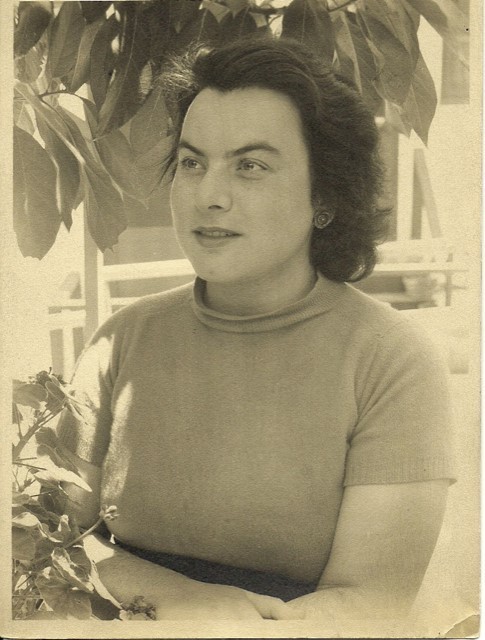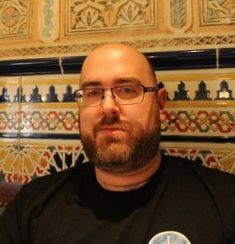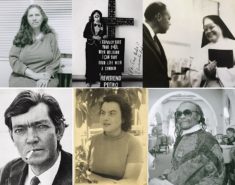Editor: Chris Clarke
52 pp, soft-bound, saddle-stitched
While a student at Vassar College in the early 1930s, New York poet Muriel Rukeyser translated Rimbaud’s seminal poems Une saison en enfer (A Season in Hell) and “Voyelles” (Vowels), and reworked them again once she had left college and returned to New York. After deep research into various incomplete drafts, a complete draft of A Season in Hell was uncovered among Rukeyser’s papers at the Library of Congress, including her translator’s note, and correspondence with film scholar Jay Leyda, who included Rukeyser’s translation of “Voyelles” in his own translation of Soviet filmmaker Sergei Eisenstein’s The Film Sense (1942). This edition establishes the place of this early translation project in Muriel Rukeyser’s career as a poet and translator, and reproduces excerpts from Rukeyser’s unpublished translation of A Season in Hell, as well as multiple versions of her translations of shorter Rimbaud pieces such as “Voyelles.” Though never fully revised for publication, Rukeyser’s A Season in Hell predates other American translation efforts by Delmore Schwartz (1939) and Louise Varese (1945 and 1952).
Author Biography:
Muriel Rukeyser was born in New York City in 1913. After winning the Yale Younger Poets Prize in 1935 for her first collection, Theory of Flight, Rukeyser’s poetic output would go on to span 14 volumes. Many of her books incorporate documentary material, notably, “The Book of the Dead” series in her 1938 collection U.S. 1, an examination of the Gauley Bridge industrial disaster, in which approximately 1,000 men died of silicosis. Rukeyser’s wide-ranging body of work also includes biographies of American physical chemist Willard Gibbs (Willard Gibbs: American Genius, 1942) and English Renaissance explorer and astronomer Thomas Hariot (The Traces of Thomas Hariot, 1971), a book-length “story and song” about the life of 1940 Republican presidential candidate Wendell Wilkie (One Life, 1957), a musical about Harry Houdini (Houdini: A Musical, published 2002), a personal exploration of the pagan goat festival Puck Fair (The Orgy, 1965), a collection of lectures about the uses and possibilities of poetry (The Life of Poetry, 1949), translations (of Octavio Paz and Gunnar Ekelöf), children’s books, film scripts, and criticism. Rukeyser begins The Life of Poetry with her experience in Spain at the start of the Civil War, framing her talks as an answer to the question posed to her, “And poetry—among all this—where is the place for poetry?” Both her writing and her life experiences—witnessing the 1933 Scottsboro trials as a student journalist or traveling to Hanoi to protest America’s involvement in Vietnam—are a testament to their deep interconnectedness. Rukeyser died in New York in 1980.

Editor Biography:
Chris Clarke is a literary translator and a doctoral candidate in French at the Graduate Center, CUNY, where he specializes in 19th-20th century literature and translation studies. His dissertation examines the role of translation in the career of French novelist and poet Raymond Queneau. His publications include translations of work by Pierre Mac Orlan (Wakefield Press), Ryad Girod (forthcoming, Transit Books), and François Caradec (MIT Press). His translation of Marcel Schwob’s Imaginary Lives was awarded the French-American Foundation Translation Prize for fiction in 2019, and his translation of Nobel Prize winner Patrick Modiano's In the Café of Lost Youth was a finalist for the same award in 2017. He is currently retranslating a novel by Raymond Queneau that will be published by NYRB Classics in 2022.
SELECTED ARCHIVES
- Henry W. and Albert A. Berg Collection of English and American Literature at the New York Public Library
- The Library of Congress's Manuscript Division


